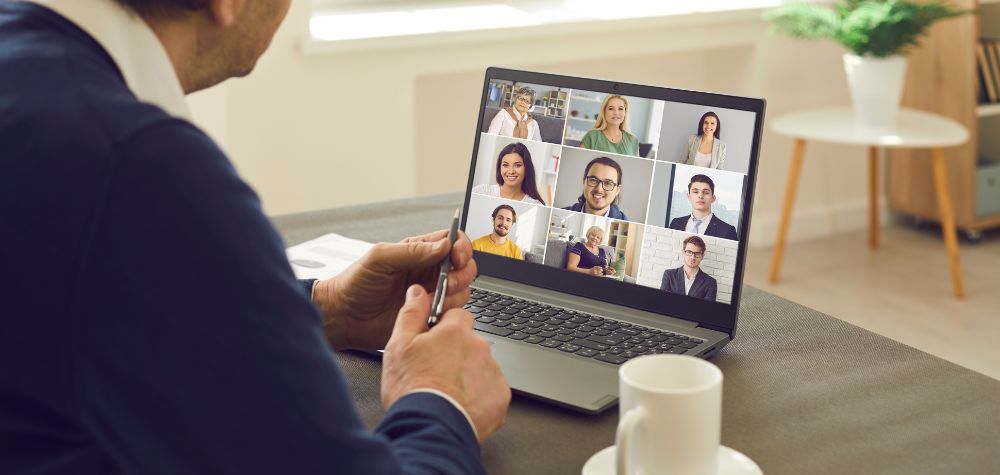Remote, Hybrid Or Office-based, Here’s 3 Ways To Smooth Out Your Work Days

More and more businesses are pushing forward hybrid roles – part-time in the office, part-time WFH.
Ensuring your workstyle practices allow you to seamlessly integrate between working from the office or working from home is crucial. Try adopting these changes to make your transition into the office space more manageable.
Structure Your Daily Routine
Working in an office space structures your day, and this is an important feature to bring into your workday, even when you’re working from home. Create a work-based routine that works for you at home and the office.
For example, you may find that using the first hour of the day to respond to emails and enquiries and using the later part of the day for meetings works best for you. It is important to stick to that routine as best as you can to then provide yourself with some structure when moving between workspaces.
Prepare For Distractions
Without the common distractions that an office space comes with, employees may find that they are more productive at home. However, there may be some distractions in the home that the office is without (such as interruptions from family, etc). Consider incorporating collaboration meetings and calls into your work day when working from home.
Brainstorming sessions and daily stand-ins can be great ways to reintroduce socialisation with your colleagues to make social interactions productive and less distracting when working from home or in the office. Consider setting boundaries if you need to reserve portions of your day for important tasks, and let your colleagues know so they don’t distract you.
Maintain Stability
Working from home has left employees much more free time during the day, allowing them to pick up new hobbies and interests. These activities may have been a source of relaxation when working from home, so try to continue indulging in these activities once you transition back into working from the office part of the time. Upskilling for personal fulfilment can be rewarding and even contribute to better mental health and well-being.




